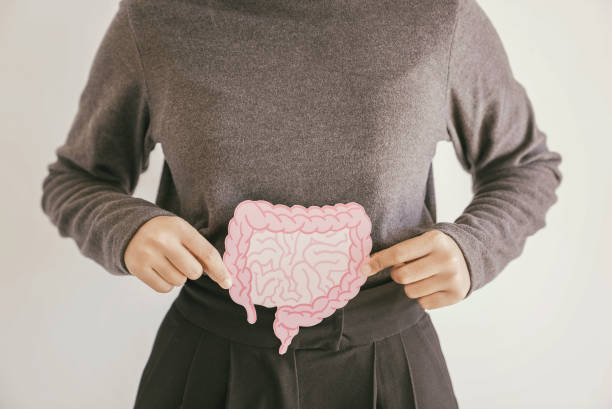How to Improve Your Gut Health
How to Improve Your Gut Health

How to Improve Your Gut Health
The gut plays an important role in influencing not just digestion but overall well-being. A healthy gut is linked to improved immunity, mood, and cognitive function. However, in our fast-paced lives and often poor dietary choices, maintaining optimal gut health can be challenging. This article explores strategies and lifestyle changes that can help you enhance your gut health.
Understanding the Gut Microbiome
The gut houses a microbiome—a vast community of trillions of microbes that inhabit our digestive system. These microorganisms, including bacteria, viruses, and fungi, contribute to various physiological functions, from digesting food to regulating the immune system. Recent research indicates a diverse and balanced microbiome is crucial for overall health.
8 Signs of Unhealthy Gut
An unhealthy gut can manifest in various ways, and paying attention to the signs can help you identify potential issues early on. Here are some common signs that may indicate an unhealthy gut.
Digestive Issues
Irregular bowel movements, whether it's difficulty passing stool or frequent loose stools, can be indicative of gut imbalances. Also, excessive gas production and persistent bloating after meals may suggest an imbalance in gut bacteria.
Persistent Fatigue
If your body is not absorbing nutrients properly due to gut issues, it can lead to persistent fatigue, weakness, or a general lack of energy.
Mood Disturbances
The gut and brain are closely connected through the gut-brain axis. Imbalances in the gut can contribute to mood disorders, such as anxiety and depression. A dysregulated gut may contribute to irritability and mood swings.
Skin Conditions
Skin conditions like acne, eczema, or psoriasis may be linked to inflammation originating from the gut.
Autoimmune Conditions
A compromised gut lining may lead to an increased autoimmune response, contributing to conditions such as rheumatoid arthritis or celiac disease.
Weight Changes
Significant and unexplained weight loss or weight gain could be related to gut health issues affecting nutrient absorption and metabolism.
Sleep Disturbances
Disruptions in the gut can affect sleep patterns, leading to difficulties falling asleep or staying asleep.
Frequent Infection
If you find yourself frequently falling ill or experiencing recurrent infections, it could be a sign of an imbalanced gut affecting immune function.
It's important to note that these signs are not exclusive to gut issues, and other health conditions could also be responsible. If you consistently experience these symptoms, consulting with a healthcare professional is recommended. They can help diagnose the root cause of the issues and guide you toward an appropriate treatment plan to restore gut health.
7 Ways to Improve Gut Health
Fiber-Rich Foods
Incorporating a variety of fiber-rich foods into your diet can fuel the growth of beneficial bacteria in the gut. Whole grains, fruits, vegetables, and legumes are excellent sources of fiber that support a flourishing microbiome.
Probiotics
Probiotics are live bacteria that provide health benefits when consumed in adequate amounts. Yogurt, kefir, sauerkraut, and kimchi are rich in probiotics, promoting a healthy balance of gut bacteria.
Prioritize Sleep
Quality sleep is not just crucial for mental health but also for a thriving gut. Sleep deprivation can negatively impact the microbiome, leading to an imbalance in gut bacteria.
Manage Stress
Chronic stress can alter the composition of the gut microbiome. Incorporating stress-management techniques such as meditation, yoga, or deep breathing exercises can positively impact gut health.
Regular Exercise
Physical activity is linked to a more diverse and resilient gut microbiota. Aim for a mix of aerobic and strength-training exercises to support a healthy gut.
Prebiotics
Prebiotics are compounds that nourish beneficial gut bacteria. Including prebiotic supplements or foods like garlic, onions, and bananas can provide the necessary fuel for the microbiome.
Omega-3 Fatty Acids
Omega-3 fatty acids in fish oil and flaxseeds have anti-inflammatory properties that can benefit the gut by reducing inflammation and promoting a balanced microbiome.
Conclusion
Your gut is a dynamic ecosystem, responsive to the choices you make daily. By adopting a holistic approach that includes a diverse, fiber-rich diet, lifestyle modifications, and targeted supplements, you can have a flourishing gut microbiome. Remember, the journey to optimal gut health is not a sprint but a marathon that promises lasting benefits for your overall well-being. Adopt these evidence-based strategies to improve your gut health.
